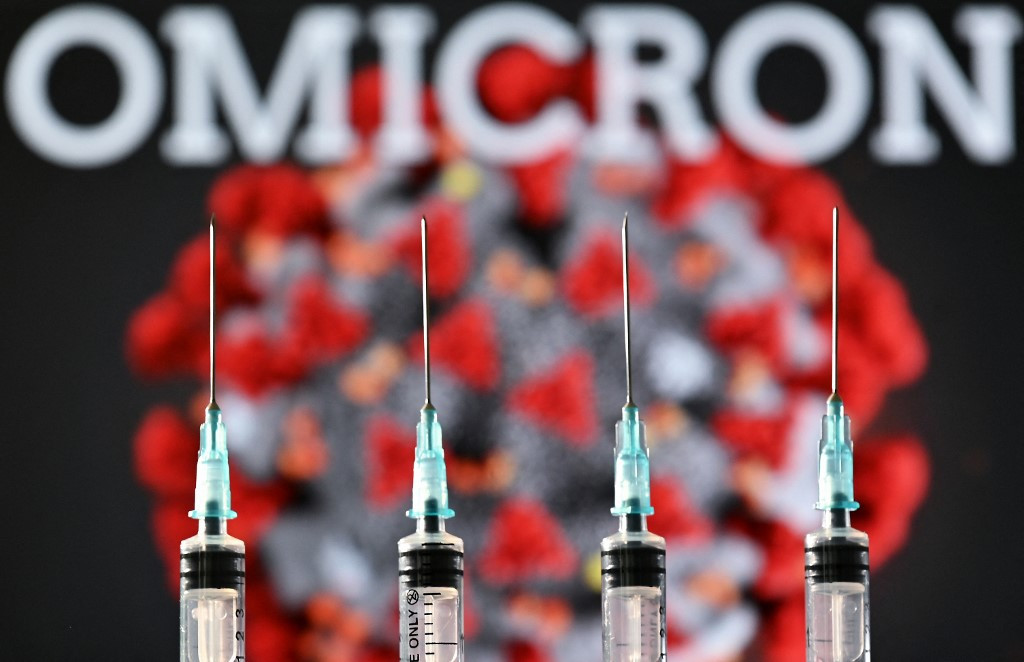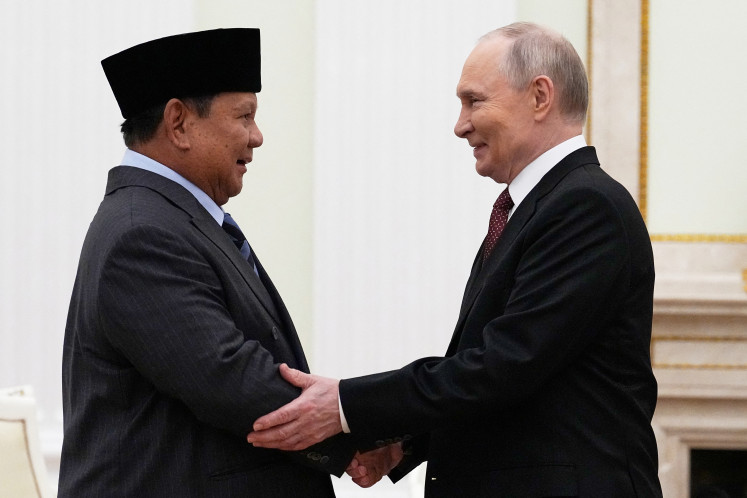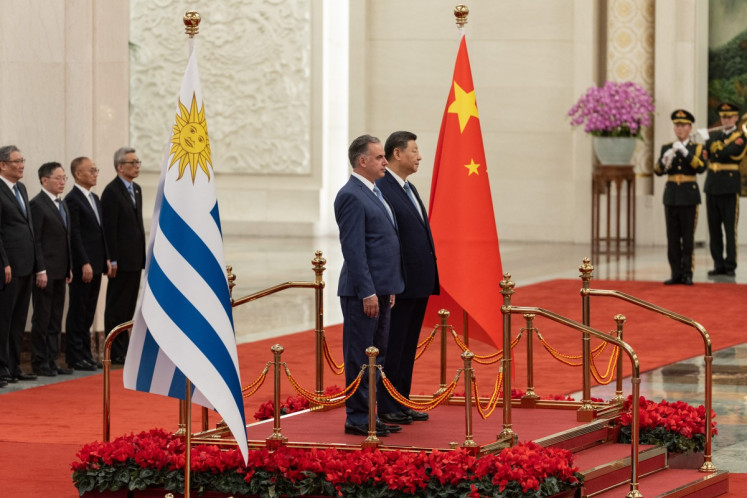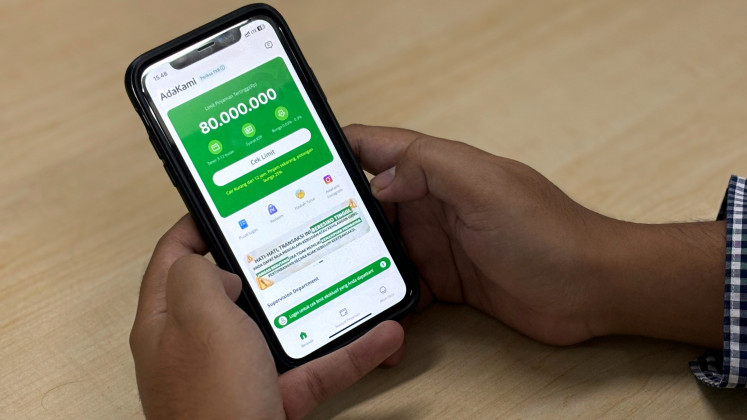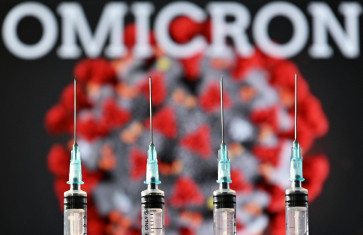Popular Reads
Top Results
Can't find what you're looking for?
View all search resultsPopular Reads
Top Results
Can't find what you're looking for?
View all search resultsOmicron wandering around amid policy flip-flop
The contradictory statements from top government officials responsible for Indonesia's COVID-19 response indicate that the government has failed to learn from its struggle with the health crisis in the past, especially the first and second waves.
Change text size
Gift Premium Articles
to Anyone
T
he government confirmed on Dec. 15 that the Omicron variant of the coronavirus has entered the country, with the first confirmed patient identified as a cleaner at Wisma Atlet emergency hospital in Kemayoran, Central Jakarta. More recently, two more cases were found in the facility as the government locked it down in line with Law No. 6/2018 on health quarantine.
It seemed the government had anticipated the arrival of the more transmissible strain of SARS-Cov-2, the virus that causes COVID-19, when on Nov. 19 Coordinating Human Development and Culture Minister Muhadjir Effendy announced the government’s plan to impose the second-highest level of public activity restrictions (PPKM level 3) throughout Indonesia from Dec. 24 to Jan. 2, 2022. The purpose of this policy was to control people's mobility during the Christmas and New Year holidays and prevent a third wave of the pandemic.
In response to the central government's decision, organizers of the International Youth Championship canceled a tournament that was supposed to feature elite European soccer clubs FC Barcelona, Real Madrid and Atletico Madrid in Bali and Jakarta. Furthermore, Jakarta Governor Anies Baswedan signed a gubernatorial decree that increases the city’s restriction to PPKM level 3, even though data has shown that the new infection rate in the capital was steadily low.
However, the government sprang a surprise as on Dec. 7, it repealed its own restriction policy. The deputy chair of the Committee for COVID-19 Handling and National Economic Recovery, Luhut Binsar Pandjaitan, said the revision was made due to improvements in some COVID-related data, such as infection cases remaining low, the downward trend of hospitalization rates and the fact that only 9.4 percent of regencies and cities across Java and Bali fell under PPKM level 3.
As a consequence of the turnaround, Home Minister Tito Karnavian has also had to revise his ministry's policies accordingly. For example, he rescinded ministerial instructions concerning the prevention and handling of COVID-19 during the Christmas and New Year holidays.
This is not the first time senior ministers have contradicted each other, even though they follow the same directive from the President. On July 16, Muhadjir said in Yogyakarta that President Joko "Jokowi" Widodo had decided to extend the PPKM period until the end of the month, citing the risks the country would face if curbs were lifted. But only a day later, Luhut, who is also the coordinating maritime and investment minister, said the extension was being evaluated.
The contradictory statements from top government officials responsible for Indonesia's COVID-19 response indicate that the government has failed to learn from its struggle with the health crisis in the past, especially the first and second waves.

